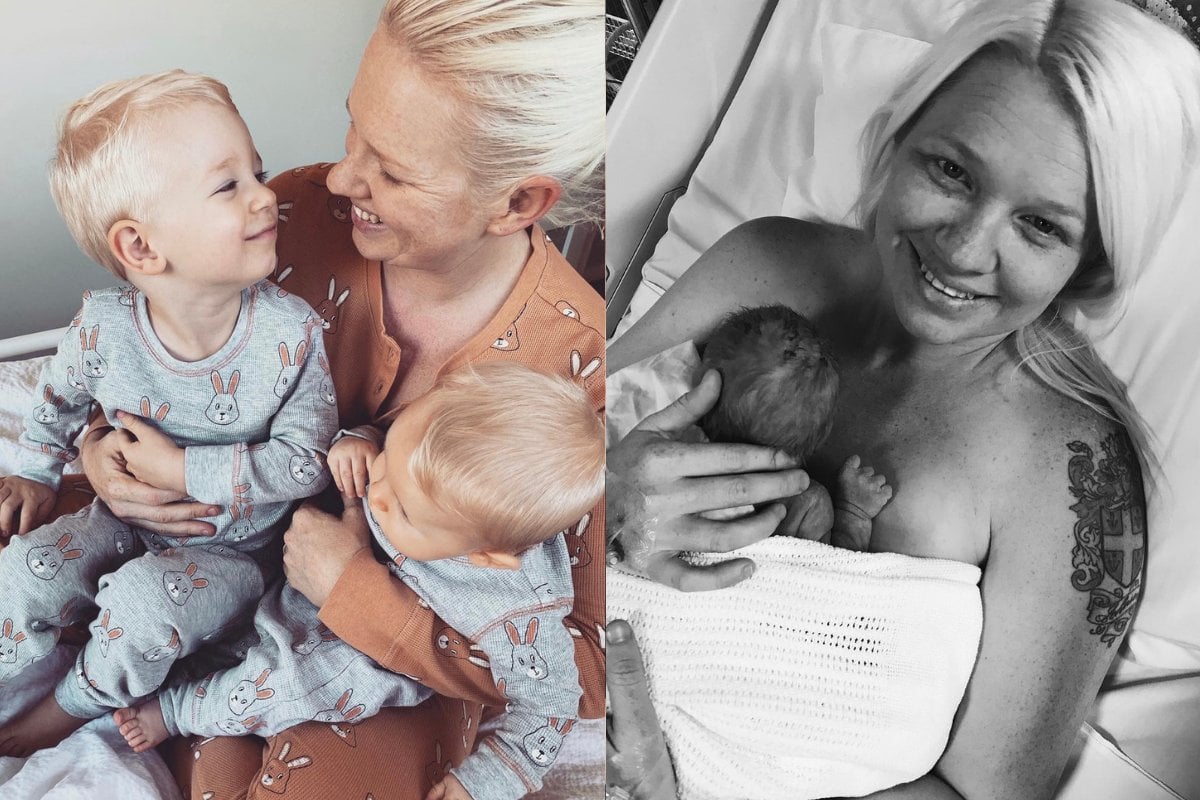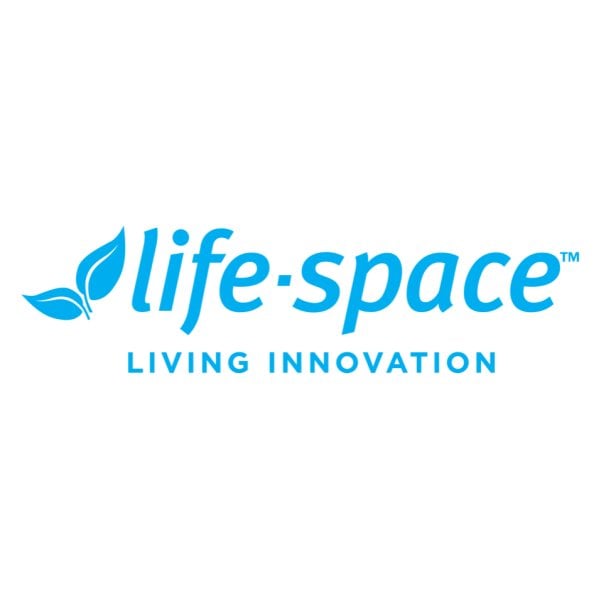

Children and germs. They go hand in hand. I learned that pretty quickly when I entered parenthood with my two boys.
Becoming a parent is many things. But being a full-time protector, regulator, manager, minimiser and security guard between your child and bacteria or viruses is just not realistic (no matter how hard I try with Archie and Arlo).
No one could have ever predicted the pandemic, and since it’s become part of our daily lives, we’ve all been busily sanitising hands and surfaces to repel harmful viruses and bacteria.
But not all bacteria are the bad guys. Many are actually on our side, working to support a healthy immune system. I wish I hadn’t spent so much time trying to avoid all bacteria and spent more time understanding them, really.
My youngest son Archie just this month contracted salmonella poisoning (parents: if you know, you know... it’s the worst). It’s only from this that I’ve come to learn through lots of late night research about the wondrous microbiome, an ecosystem of microbes that live on and in our bodies, that has a lifelong influence on your baby’s general health.




























































































